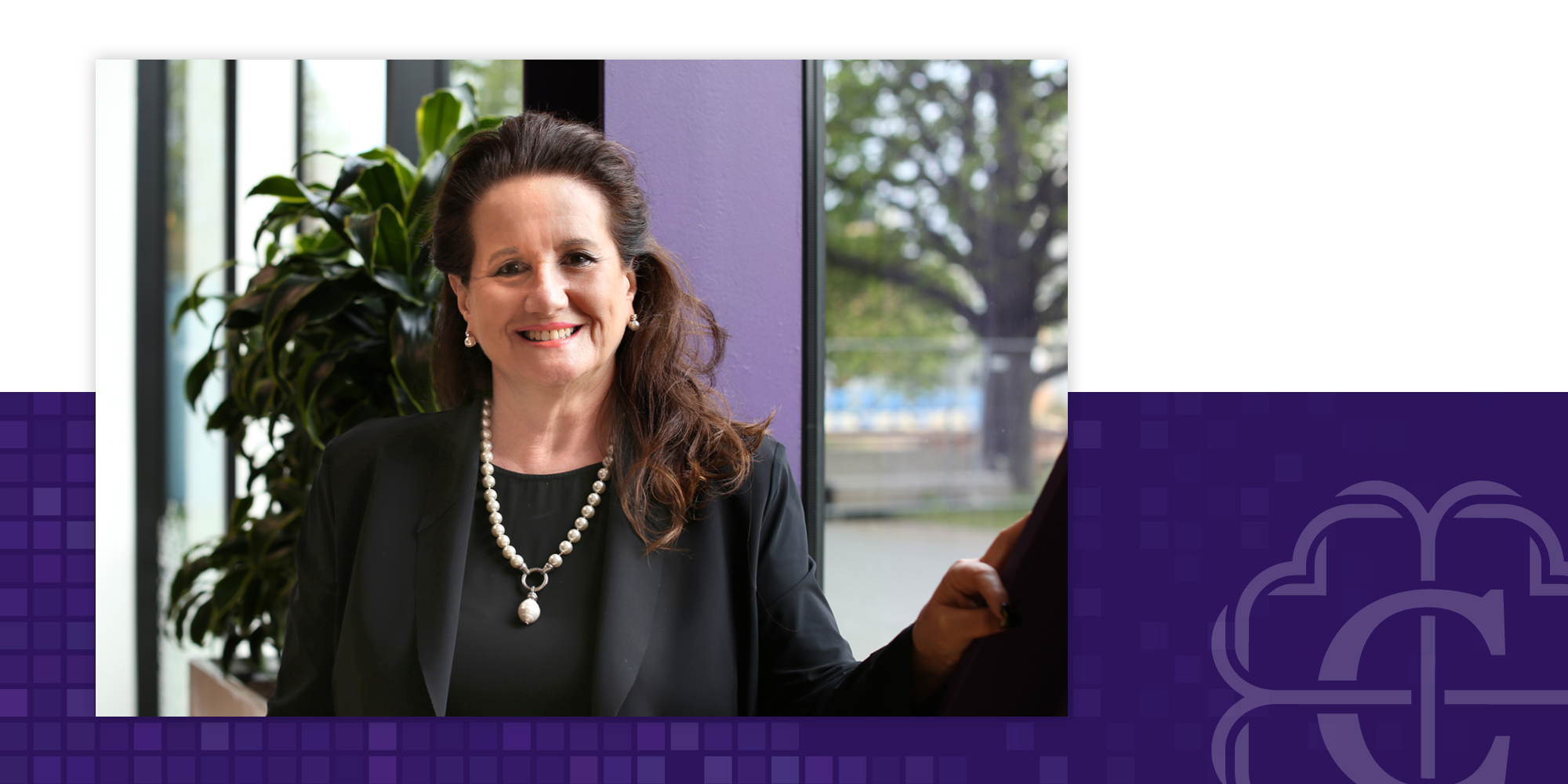Celebrating women in financial advice
In recognition of International Women’s Day on 8th March, with the theme #BreakTheBias, Consilium’s Senior Business Development Manager, Vivecca Robinson shares her journey of becoming a financial adviser and why we need to encourage and support women entering the industry.

I’ve always supported the idea of International Women’s Day as an opportunity for women to remind themselves of their true value and potential. It’s a day to reflect on challenges we have overcome, on the successes we have carved out for ourselves and on the many opportunities that are still ahead.
This year’s International Women’s Day theme of #BreakTheBias focusses on a world where difference is valued and celebrated, free of bias and stereotypes. We have come a long way but there is so much more we can do.
I joined the financial advice profession in the UK in the early 1990s when financial advising was a man’s domain, probably because it seemed it was always their job to deal with finances. Women were yet to rise to equal numbers at university and it was rare to have any real role models in this industry.
The value of good financial advice became very apparent after an adviser rescued my husband and I from a dire situation we had been put into. Our mortgage adviser had neglected to tell us his “great deal” included a deferred interest rate that was compounding rapidly. Instead of decreasing, our mortgage had increased by about £10,000 in a short time. We could only get out by paying a further £8,000 to break the contract. Fortunately, we were able to recover from the situation, but it was a lesson learnt the hard way.
While we were working with the adviser to get us out of that mess, I was looking to make a career change and considered whether becoming a financial adviser could be an option, after the impact ours had on my own life. I was aware that I would be moving into a very male-dominated profession, and it may, at times, be a bit difficult. But I had seen first-hand what a difference the right advice could make.
When I came to New Zealand in 2005, I noticed there were very few women financial advisers at our conferences – they were mainly administrators or PAs. However, what I also noticed was a growing number of women wanting to understand and have more control over their own future wealth alongside their husband or partner — particularly with divorce rates rising and women tending to live longer. Women were asking more questions about not only their investments, but also about how to protect their income and health.
Seventeen years later, there is still a lot of work to be done in this regard. The Financial Services Council last year found that confidence, preparation and investment literacy among women when it comes to their finances is still low, with 80% rating their financial wellbeing moderate to very low, and 60% rating it low.
I think one of the keys to this is the lower number of female advisers.
However, as financial literacy among women increases, many clients – mainly women, though not all by any means – say they prefer to work with women advisers because they feel they won’t be judged when they ask a “silly” question. They invariably say another female has empathy for their level of understanding. That’s a telling comment right there.
Rightly or wrongly, and however unfair that may seem to our male advisers, if that’s how some women feel, it’s something we must listen to. It seems to me our general financial education will benefit from having more women advisers, as it extends our reach to those who otherwise might not be comfortable asking for financial advice.
The good news is that the financial advice industry is listening and changing, albeit slowly. Women advisers now comprise 23% of all financial advisers in New Zealand – up from 18% in 2011, and my impression is that figure will continue to rise.
Contributing to this increase is a more obvious pathway for women to enter the industry. The industry itself is offering guidance, and there are more relevant tertiary education courses and qualifications. And it’s not just for financial advisers, but brokers, fund managers, suppliers of technical data needed by advisers.
In my role at Consilium, I’m privileged to work with many great advisers, of any gender. But it is heartening to see the increase in women advisers who either work for firms or run their own successful business. They are on the front lines helping to improve financial literacy for all New Zealanders. They have a unique voice and play a crucial part in helping bridge the financial education gap and guide people to build a financially secure future and retirement.
And within the Consilium business, they are supported by some brilliant women among my colleagues, throughout all levels of the business. Consilium’s vision is a world where everyone has access to professional advice to improve their financial security and wellbeing – with more women in the industry we are certainly on the right path to achieving this goal.
Throughout my nearly 30 years in the industry, my passion has been to help those wishing to further their knowledge of investing, grow their wealth and prepare for retirement. And if in doing so I can help women in particular, to gain financial independence and security, then that’s something I am proud to be a part of.
1) MBIE document: https://www.mbie.govt.nz/dmsdocument/2266-baseline-review-of-financial-advisers-in-nz-dec-2010-jul-2011-pdf
2) Paid advertorial on Newsroom: https://www.newsroom.co.nz/ideasroom/female-financial-advisers-whats-holding-them-back
